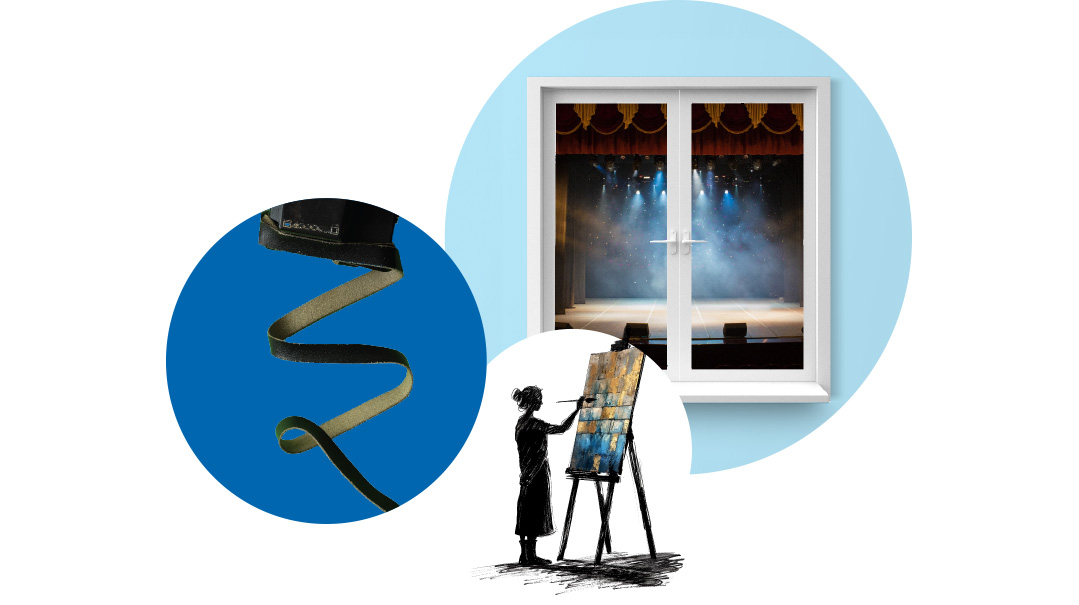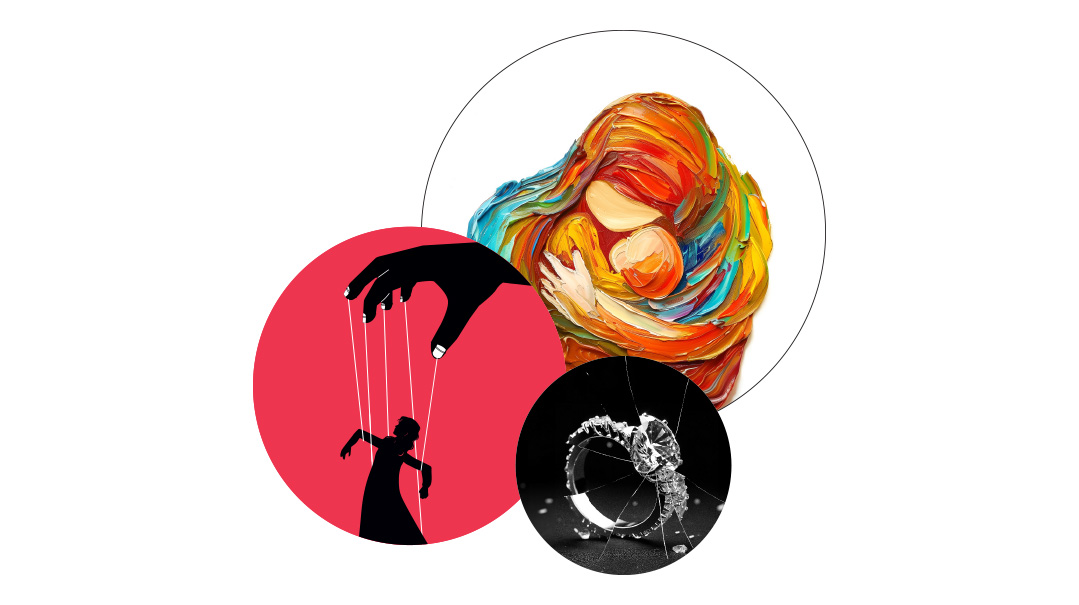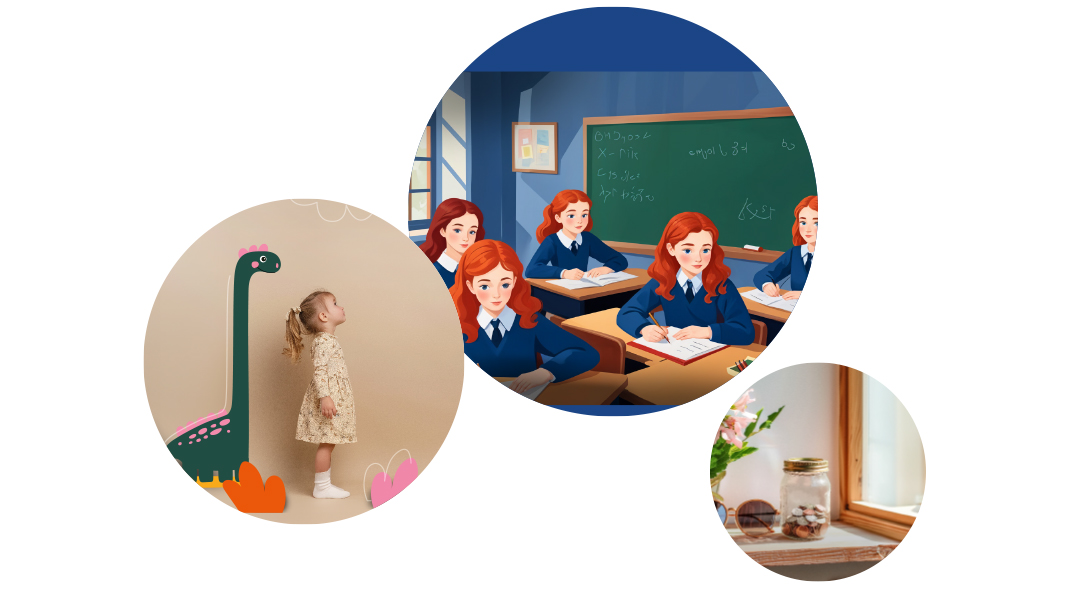Family First Inbox: Issue 897

“If it became industry standard that artists’ work that was copied would be shunned, it would happen much, much less”

One and Only Chance [Second Guessing / Issue 895]
I was so disappointed by Shif’s decision to attend her best friend’s wedding instead of her boss’s. Her boss had become a friend, although for not quite as long as Yaeli, and Shif listed all the reasons she belonged in Baltimore: it was an out-of-town wedding, an only child, and Devorah didn’t have a large friend group. Yaeli’s wedding would have definitely been more fun, but Devorah’s wedding was certainly the bigger mitzvah. To the letter writer who wrote that you wouldn’t miss your sister’s wedding for your boss’s wedding — that’s the point. This wasn’t her sister’s wedding, and Yaeli would im yirtzeh Hashem make more weddings that she could attend. This was the one and only chance to be there for Devorah, and Shif blew it.
Deena L
Does Your Son Know How to Read? [From Boy to Bochur / Issue 895]
I’m a kriah specialist with a background in special education and have been working with teenage students for almost 20 years. I’d like to highlight another real piece of bar mitzvah prep that begins way before we even open that calendar for the initial glance at dates.
When a teenage boy walks into my office and I tell him that the majority of my kriah clients are boys his age, the immediate, unanimous reaction is disbelief. Followed unanimously by relief.
Some of the students I meet will ask me, “How come I managed until now?” Some have realized on their own that the answer is, “I have a good memory.”
Students with strong memory skills “get away” with not being able to read for longer. While their memory helps them get through the day-to-day tefillah and limud tasks, memory learning bypasses all the systems and mechanics of reading. This means a student will never be able to work out what the text in front of him is saying if he hasn’t collected enough supporting information to be able to memorize it.
A memory reader will know what’s familiar, which are known as sight words. When our children memorize, they’re not reading, they just know which shapes equal which words, but they don’t know how or why.
Memory also gets too full and too tired. Bar mitzvah-related learning is too heavy a load for a 12-year-old’s memory system to carry. Additionally, when memory is full, it slows down, making memory tasks long and labor-intensive.
When it comes to hiding their shame, our children can be hugely resourceful. They’ll do anything to compensate for the challenge that leaves them feeling inadequate and behind. For boys, that can mean working on a “bar mitzvah avoidance plan” from very early on.
For the boys who can’t read, being part of a minyan can increase the challenge. One “newly bar mitzvah’ed” young man told me: “Now the minyan makes me feel like a fraud.”
If we want our kids to succeed, we have to make sure they know the mechanics of reading so they know what to do with the letters and nekudos in front of them. We have to help our children move away from memory reading and leave their memory space available for comprehension.
Do you know if your pre-bar mitzvah boy can actually read Hebrew? Really read, rather than memorize? Does your pre-bar mitzvah boy really know how letters and nekudos turn into words?
How would a parent know if their child might be reading from memory?
Test these:
Can your child accurately read three unfamiliar lines from “Eizon” in Selichos?
Can he/she write a dictated sentence in script with the correct letter sounds and nekudos?
If your child is reading by memory, help them change that. They’ll be a happier, more confident bar mitzvah boy — because they’ll no longer be working overtime “reading” from memory.
Chani Karp
Developer of the Confident Kriah method
Get the Guests [The Super-Sized, Uber-Savvy, Mega-Detailed Guide to Making a Bar Mitzvah / Issue 895]
Having made a few simchahs myself, I feel qualified to say that you left out one of the most important things to do: putting together the guest list with addresses. This is a huge job. I tell friends to start with it, because it’s one of the most important jobs. You don’t want to forget anyone, and you need to get an estimate of how many guests you’ll have. It’s not easy to gather all the up-to-date addresses of everyone you know, especially if it’s your first simchah, so start early!
Electronic invitations (e-vites) have gotten very popular, especially during and after Covid. It’s also not a small job to collect everyone’s correct email addresses either!
Name Withheld
Easiest, Cheapest, Quickest [Artistic License / Issue 894]
I loved Esther Shaindy Leshkowitz's article about plagiarizing art and thought it was such a great topic that too many people don't really consider. I don't think most people are buying copied artwork with malicious intent or with a specific goal to undercut the original artist (although if you're commissioning a copy of someone else's work it doesn't look great for you), but we live in a world where the easy way out has been normalized. In addition, even for people who are careful to avoid social media, its influences have infiltrated. The new "original" is just your take on someone else's sound or song or word play. The music world (especially the Jewish music world) has been sampling other music forever.
Instead of just going through the motions and accepting what everyone else accepts, we need to think about this. We need to take achrayus. It’s not about just doing whatever is easiest or cheapest or quickest, but about taking the time to consider the ramifications of our actions. Should you be sharing photos of a page in a cookbook? Signing into someone else’s Amazon Prime account? Stop and take a moment to ask yourself if you’re doing the right thing.
Meira F.
Gallery Owners Beware [Artistic License / Issue 894]
I’m an Israel-based artist whose paintings adorn thousands of homes, offices, and businesses in the United States, Israel, and around the world. Your article about plagiarism in the frum art world made a big splash among Hebrew-speaking artists in Israel, and many women in the industry were discussing it. I’m so happy you raised awareness about this issue.
Most artists who have their work copied care very much when it happens because they’ve given their heart and soul into painting the picture. We can put 30 hours of thought into painting before we even start painting. In the past, most frum people preferred real-life paintings, which are much harder to copy. But recently, the style has changed to more abstract, which is easier to replicate and therefore the issue of copyright has really grown.
About eight years ago, I created a new style of the white oil paintings with gold leaves that had taken the world by storm. I put much labor, sweat, and effort — and much heart — into this: researching, experimenting, and training to develop this style. I produced hundreds of Judaica paintings in this style.
I want gallery owners and more novice painters to understand how much toil and how much sweat and how much research is put into each painting, how much effort went into creating a new style. And now I see others who have imitated what I’ve done. And they’re selling it in the same galleries I sell my work to! If it became industry standard that artists’ work that was copied would be shunned, it would happen much, much less.
Menucha Yankelevitch
Food Fraud [Artistic License / Issue 894]
I was very interested in your article on copying art. I’m in the recipe development industry, and there are a lot of similarities between the two industries. I find that people who are in the industry longer are frustrated by younger recipe developers who are newer to the scene and aren’t aware of the culture of being very careful not to copy someone else’s idea. Even if the letter of the law dictates that all you have to do is change one or two details of an idea to make art or a recipe your own, that doesn’t mean it’s always the right thing to do. Many times, it’s just not worth the frustration it will cause to the original creator.
Chaya N.
Strange Enmeshment [The Understudy / Issue 893]
I was disturbed by the ending of the story about the complex relationship between two women, single mother Rikki and her ex-husband’s wife, Elisheva, as they navigate raising their shared daughter. When Elisheva hints at shalom bayis problems between herself and Rikki’s ex-husband, Rikki makes a promise to herself to be there for Elisheva and support her through it “because that’s what family does.” I can’t imagine a worse solution to the issue than that. An ex-wife and a new wife aren’t family, even if they do co-parent a daughter, and thinking of themselves as such sounds very unhealthy.
For a woman to get involved in her ex-husband’s marriage is an inappropriate crossing of boundaries and a strange sort of enmeshment that could only complicate the marriage further. A better solution would have been for Rikki to say, “I’m going to suggest Elisheva see my therapist,” or something along those lines.
Dina Gold
Age Does Matter [The Conversation Continues / Issue 892]
It’s interesting to see how many therapists are responding on this topic, when it’s the client’s perspective that matters. In my experience, for myself and my children, the age of the therapist is extremely important. It doesn’t matter if she’s married or has personal experience with the relevant issues. Wisdom and maturity cannot be learned in school. (On the other hand, I have friends who don’t mind young therapists at all.)
I know a number of people who have recently gone into social work or are planning to. The feeling I get is that they’re doing it from a savior mentality, arrogance, or to make money. They believe that if you’re a good listener, give good advice, or if you were the friend everyone vented to in high school, you’d make a good therapist. But as a client, I believe the most important trait is the ability to set aside your own ego completely. How many people know already at age 20 or 25 if they can do this?
Name Withheld
(Originally featured in Family First, Issue 897)
Oops! We could not locate your form.







